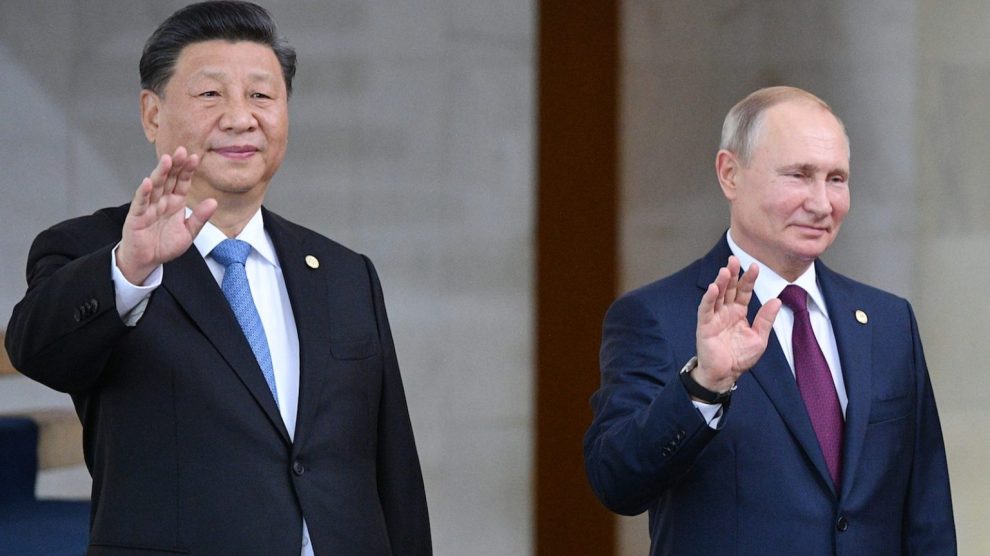Middle of the road. “Italy’s choices are unlikely to ever completely contradict its transatlantic partners. At the same time, it is equally unlikely that Italy will ever seek to completely sever relations with China and Russia – a decision that is driven principally by national strategic thinking as opposed to external influence or interference.”
- Thus reads the conclusion of a report on Russian and Chinese influence in Italy, redacted by Raffaello Pantucci and Eleonora Tafuro Ambrosetti for the Royal United Services Institute (RUSI), one of the UK’s leading think tanks.
Dialogue or influence? The paper scrutinises Italy’s role within the EU as one of the main advocates of dialogue and cooperation with both Russia and China. The authors point at the country’s “longstanding political tradition of ‘trying to sit in the middle’,” regardless of the parties in power (which tend to change rather often, given Rome’s fabled political instability).
- The paper stresses “Italy’s agency in driving the relationships forwards, though it is clear that interference attempts and the economic connections that exist between the three powers play a role in influencing Italian planning.”
The differences. China and Russia see Italy as “a useful power to support them, given its prominent role in the G7 and as a central member of NATO and the EU.” However, their outlooks are radically different.
- “While Beijing is appreciative of Rome’s useful role in appearing to weaken transatlantic alliances against China, the Politburo seems relatively disinterested in Italy – something that is testified by the limited number of visits by paramount Chinese leaders to Italy.”
- “Economic relations appear driven by industrial interests, which serves broader government goals of improving the Chinese industrial and technological base as part of the Made in China 2025 national economic vision and, more simply, good economic opportunities for cash-rich Chinese firms.”
- On the contrary, Russian President Vladimir Putin “has frequently and overtly sought to use Rome to prove the lack of uniformity in European (or transatlantic) views towards Russia.”
The Ukraine effect. The report was initially written before Russia invaded Ukraine and the fall of Mario Draghi’s government. However, during the latter’s brief stint as PM, Italy “consolidated its transatlantic and European bonds in Russia policy. While Rome harshly condemned the invasion, Italy’s subsequent push to support NATO, US and European positions backing Ukraine has highlighted the importance of transatlantic relations to Rome and have undermined the narrative that Italy is in Russia’s thrall.”
- Still, “it remains to be seen how Italy (like other powers) approaches the war and Russia in the longer term,” note the authors.





